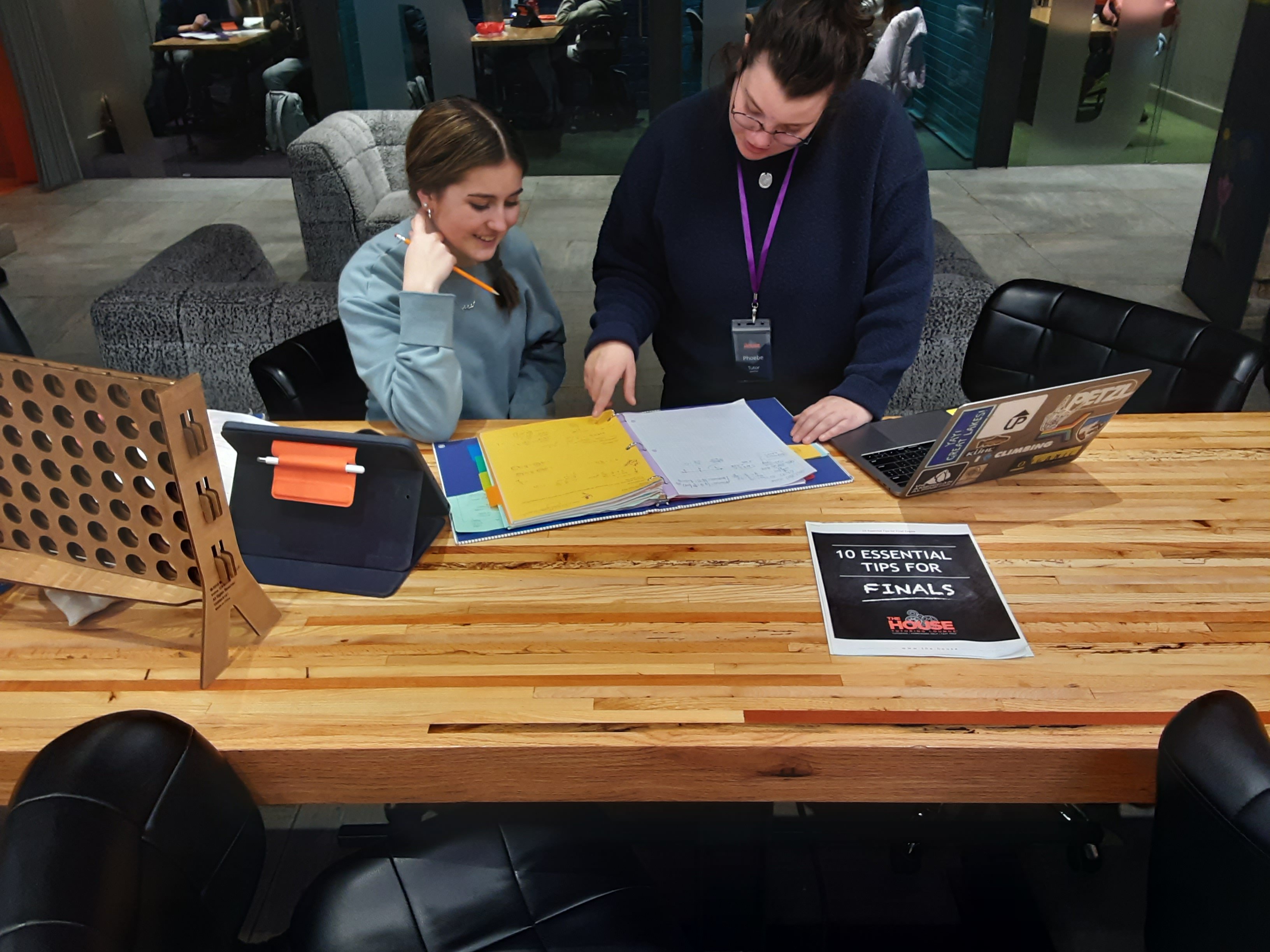
Building a Strong Foundation: Practical Ways Parents Can Empower Students in High School
High school is more than a stepping stone to college; it’s a critical time for personal growth, academic development, and future preparation. As a parent, you play an essential role in providing guidance and support while fostering independence. Here’s a comprehensive guide to help you empower your students to thrive in high school and beyond.
Section 1: Create a Supportive Learning Environment
Your home should feel like a space where your student can focus and thrive academically. A clutter-free, well-equipped study space helps your teen stay organized and productive.
- Designate a study zone: Choose a quiet, comfortable spot in your home for studying. Ensure it's stocked with school supplies like pens, notebooks, and calculators.
- Lighting matters: A well-lit space can reduce eye strain and improve concentration. Use natural light whenever possible.
- Encourage consistency: Establish a regular study schedule that aligns with your teen’s peak productivity times.
Extra Tip: Rotate study resources to keep their environment fresh—consider whiteboards for brainstorming or sticky notes for reminders.
A dedicated, well-structured study environment minimizes distractions, reduces procrastination, and builds a mindset geared toward success. For additional resources on creating effective study habits, check out our tutoring programs at The House.
Section 2: Foster Open Communication
High school students are navigating a whirlwind of academic, social, and emotional changes. Maintaining open communication allows you to stay informed about their challenges and triumphs while fostering trust.
- Use conversation starters: Instead of general questions, try: “What’s the most challenging subject right now, and how can I help?”
- Check in regularly: Consistent communication lets you track their emotional and academic well-being without feeling intrusive.
- Avoid judgment: Make your home a safe space for them to share struggles without fear of criticism or unrealistic expectations.
Extra Tip: Share your own high school experiences—this can help normalize their challenges and make them feel less alone.
Need help navigating these discussions? Learn how our expert tutors provide personalized support to students and families.
Section 3: Promote Balance and Well-Being
High school is a time when students often feel stretched thin. They’re balancing homework, extracurricular activities, friendships, and family time. Encouraging balance is vital for their overall health.
- Encourage downtime: Allow them to decompress with hobbies like art, music, or video games, ensuring it doesn’t overtake their priorities.
- Model healthy habits: Eat meals together as a family, go for walks, and show that self-care is a priority for everyone.
- Teach stress management techniques: Mindfulness, yoga, or even simple breathing exercises can help them cope with overwhelming moments.
Extra Tip: Monitor their workload together. Help them decide if they’re taking on too many commitments or need to scale back.
Promoting balance helps students build resilience and prevents burnout. Visit The House to explore how our holistic approach supports both academic and personal growth.
Section 4: Encourage Independence and Accountability
High school is a training ground for adulthood. While it’s tempting to micromanage, this is the time to let your teen take ownership of their responsibilities.
- Use tools for accountability: Introduce planners, apps, or calendars for tracking assignments and deadlines.
- Let them solve problems: When they encounter challenges, guide them with questions like: “What do you think is the best way to approach this?” instead of providing immediate answers.
- Set realistic goals: Work together to establish achievable goals, whether improving a grade or applying for leadership positions in extracurriculars.
Extra Tip: Praise effort, not just outcomes. Recognize their growth and determination, even if the results aren’t perfect.
Want your student to build these critical life skills? Explore our programs designed to foster independence and accountability.
Section 5: Seek Additional Support When Needed
No one succeeds alone. If your student struggles in a subject, they might need additional resources or expert help to thrive. Recognizing this early can make a significant difference in their confidence and performance.
- Identify weak areas: Sit down with your student to pinpoint where they feel stuck—whether it’s math, writing, or time management.
- Use available resources: Explore tutoring, online tools, or school-provided resources like peer mentoring or after-school programs.
- Build a support network: Surround your teen with a team of educators, mentors, and tutors who can provide tailored guidance.
Extra Tip: Encourage them to see asking for help as a strength, not a weakness. This mindset will serve them well in college and beyond.
Discover how our expert tutors can provide the targeted support your student needs to succeed.
High school is a journey, not a race. Your involvement today—whether through communication, support, or encouragement—creates a strong foundation for your student’s future success. Let’s make these years a time of growth, achievement, and unforgettable memories.
Ready to support your student’s success? Learn more about our tutoring and student success programs at The House.
